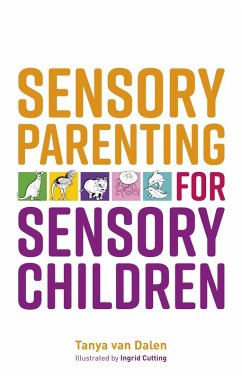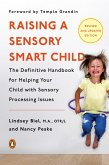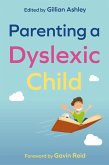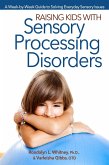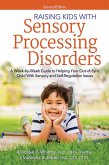When your child dysregulates, half the battle is managing your own response. In the moment, you're at the mercy of many competing feelings: embarrassment, fear, panic, exhaustion. Being able to recognise your own triggers and behaviours in order to stay calm and provide the best support to your child, is not a skill that comes easily.
Helping parents and carers to reflect on themselves, think about how they manage sensory meltdowns and give them some simple ideas on how to manage their own emotions in order to help their child, this is a short and simple guide for those that parent or care for a child with sensory needs, or a sensory processing disorder (SPD). Drawing on Porges' polyvagal theory, and using easy-to-follow animal analogies, this will empower parents to build empathy for their child, and themselves.
Helping parents and carers to reflect on themselves, think about how they manage sensory meltdowns and give them some simple ideas on how to manage their own emotions in order to help their child, this is a short and simple guide for those that parent or care for a child with sensory needs, or a sensory processing disorder (SPD). Drawing on Porges' polyvagal theory, and using easy-to-follow animal analogies, this will empower parents to build empathy for their child, and themselves.
Dieser Download kann aus rechtlichen Gründen nur mit Rechnungsadresse in A, D ausgeliefert werden.

